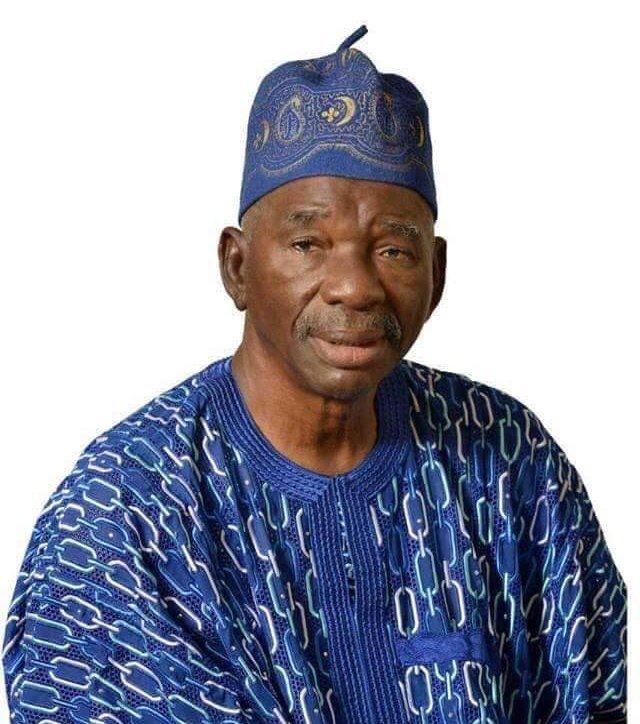Prince Tajudeen Olusi is a respected elder statesman and influential figure in Lagos politics whose career spans decades of Nigeria’s political development. Often described as a bridge between Lagos’ traditional structures and modern political power blocs, Olusi has played a pivotal role in shaping the state’s political landscape and is particularly remembered for introducing Bola Ahmed Tinubu, Nigeria’s current president, into Lagos politics.
Early Life and Political Roots
Prince Tajudeen Olusi hails from the Olusi royal family of Lagos, a lineage that connects him to both political leadership and traditional authority. His background gave him both cultural influence and political capital, enabling him to navigate Lagos’ complex socio-political environment from an early stage.
Olusi’s first foray into politics dates back to Nigeria’s early democratic experiments in the post-independence era. Campaign posters from the 1960s and 1970s show his involvement in grassroots politics, including contests for local council positions. This period marked his rise as a trusted mobilizer within Lagos Island and a loyal figure within progressive political movements.
Political Influence and Mentorship
Over time, Olusi rose to become a recognized leader in Lagos’ dominant progressive tradition. His loyalty to political alliances such as the Unity Party of Nigeria (UPN), the Social Democratic Party (SDP), and later the Alliance for Democracy (AD) established his reputation as a stabilizing force.
His most enduring contribution to Nigerian politics, however, was his mentorship of younger politicians. In the early 1990s, Olusi introduced Bola Ahmed Tinubu into Lagos’ political space, helping him secure his first elective position as a senator representing Lagos West during the short-lived Third Republic.
This relationship laid the foundation for Tinubu’s eventual governorship of Lagos State in 1999 and his later rise to the Nigerian presidency in 2023.
Statesmanship and Advisory Role
Beyond his role as a political kingmaker, Prince Tajudeen Olusi has served as a mediator and adviser during crises within Lagos’ political hierarchy. His deep respect among politicians, elders, and traditional leaders makes him a trusted figure whenever reconciliation is needed.
He has also remained a symbolic reminder of continuity, linking Lagos’ old political order with its modern-day governance. Despite the generational changes in leadership, Olusi’s presence has underscored the historical depth of Lagos’ political evolution.
Legacy and Recognition
Prince Tajudeen Olusi’s legacy lies not just in his personal achievements but in the leaders he helped nurture and the structures he helped sustain. As one of the key figures who brought Bola Tinubu into active politics, his influence has extended far beyond Lagos, shaping Nigeria’s national direction.
Today, campaign posters from his early political contests stand alongside recent photographs of him as an elder statesman, visually capturing his long journey in politics. From grassroots campaigns to mentoring Nigeria’s president, Olusi represents a rare blend of longevity, loyalty, and influence in Nigerian political history.
FOLLOW US ON:
FACEBOOK
TWITTER
PINTEREST
TIKTOK
YOUTUBE
LINKEDIN
TUMBLR
INSTAGRAM































